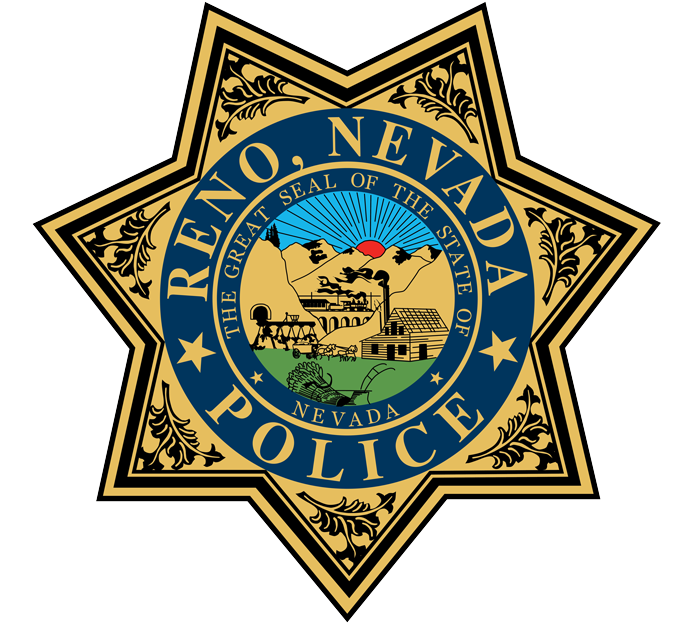The Mental Health Registry is designed to provide first responders with timely, accurate, and voluntarily submitted information about individuals in our community who may experience a mental health crisis. The goal of this program is to enhance the safety, dignity, and well-being of those individuals by equipping police, firefighters, EMS, Records, Clinicians and dispatch personnel with relevant information prior to and during an emergency response.
By giving caregivers, family members, and support networks a secure and accessible way to share key details—such as communication preferences, known triggers, calming strategies, and relevant medical or behavioral considerations—the registry fosters informed, compassionate, and effective interactions. This proactive approach helps reduce the risk of escalation, promotes trust between the community and first responders, and supports better outcomes for all involved.
The Mental Health Registry applies to all voluntary submissions from caregivers, family members, legal guardians, or the individuals themselves, providing information intended to assist first responders during a mental health-related incident.
The Mental Health Registry aims to:
- Enhance Responder Preparedness – Provide first responders with relevant, pre-arrival information to guide safe, informed, and compassionate interactions.
- Reduce Risk of Escalation – Support de-escalation and crisis intervention by making responders aware of known triggers, stressors, and effective calming techniques.
- Promote Positive Outcomes – Increase the likelihood of voluntary compliance, reduced use-of-force incidents, and improved trust between the community and first responders.
- Strengthen Community Partnerships – Build collaborative relationships with caregivers, family members, and support networks to better serve individuals experiencing mental health challenges.
- Ensure Data Security and Confidentiality – Maintain strict controls to protect participant information, in compliance with all applicable privacy laws, policies, and best practices.
"What is the Mental Health Online Registry (MHOR)?"
The Mental Health Online Registry is a voluntary program that helps officers, dispatchers, and clinicians respond more safely and effectively when someone is experiencing a mental health crisis.
"How is my information protected?"
Your information is stored in a secure, CJIS-compliant RPD database. Only authorized personnel (firefighters, EMS, dispatch, records, officers, and clinicians) have access, and only for official purposes related to calls for service. All data is the treated with privacy protections consistent with HIPAA standards.
"Who will have access to the registry?"
Your information is stored in a secure, CJIS-compliant RPD database. Only authorized personnel (firefighters, EMS, dispatch, records, officers, and clinicians) have access, and only for official purposes related to calls for service. All data is treated with privacy protections consistent with HIPAA standards.
"Who will have access to the registry?"
Access is limited to Reno Police Department sworn officers, firefighters, EMS, MOST clinicians, dispatch personnel, and records staff. This ensures only those directly involved in emergency response can view the information.
"What happens when I or someone at my address calls 911?"
If there is a call for service at your address or involving a registered individual, dispatch will see a flag in the system. Officers have access to the information in the RPD portal, and—when time and circumstances allow—may review your preferred communication methods, known triggers, and calming strategies prior to making contact.
"Will this information make police show up differently than usual?"
The registry does not guarantee a specific response, but it provides important context that responders may use to guide their actions.
"Do I need a diagnosis to register?"
No. The registry does not collect or require medical diagnoses. The information is non-clinical and focuses only on helping first responders interact effectively during a crisis.
"Can this information be used against me in an investigation or court case?"
No. The registry is strictly for crisis response and public safety. It is not used for criminal investigations, case building, or unrelated police matters.
"What kind of information should I provide?"
You can share preferred communication methods, known triggers, calming techniques, emergency contacts, medical considerations (like seizures or mobility issues), and provider information. The goal is to provide responders with tools to help—not to collect medical records.
"Can I update or remove my information later?"
Yes. Participation is voluntary, and you can request updates or removal at any time by contacting the RPD Mental Health Outreach Supervisor or designated program administrator.
"How long will you have my registry information?"
Regarding retention or purging; Information will be reviewed periodically and removed upon request or when no longer relevant.
"Is participation mandatory?"
No. The registry is 100% voluntary. It is designed as a community safety tool for individuals, families, and caregivers who want first responders to have helpful information during a crisis.
"How does this benefit me or my loved one?"
By providing advance information, you can help reduce the risk of escalation, support better communication, and increase the likelihood of a safe and supportive resolution during emergencies. It gives officers and clinicians additional tools they may use, as time and circumstances allow, to approach in a way that respects your needs.
"How does RPD make sure submissions are accurate and not misused?"
Submissions are reviewed by the Mental Health Outreach Safety Team (MOST) Supervisor before being added to the registry, to ensure accuracy and proper use. Parents and caregivers may enroll registrants. When necessary, clarification will be requested, or documentation of guardianship verified.

